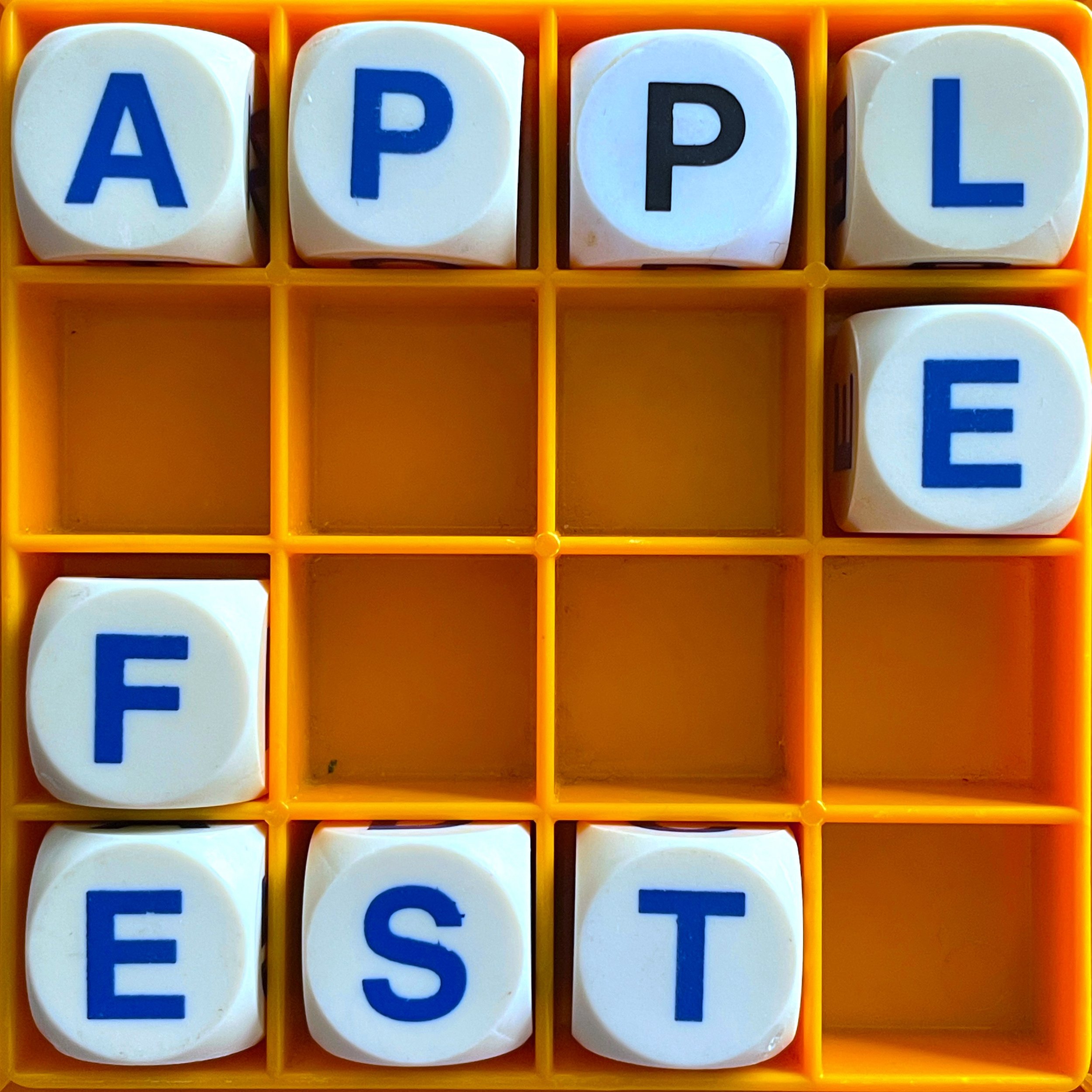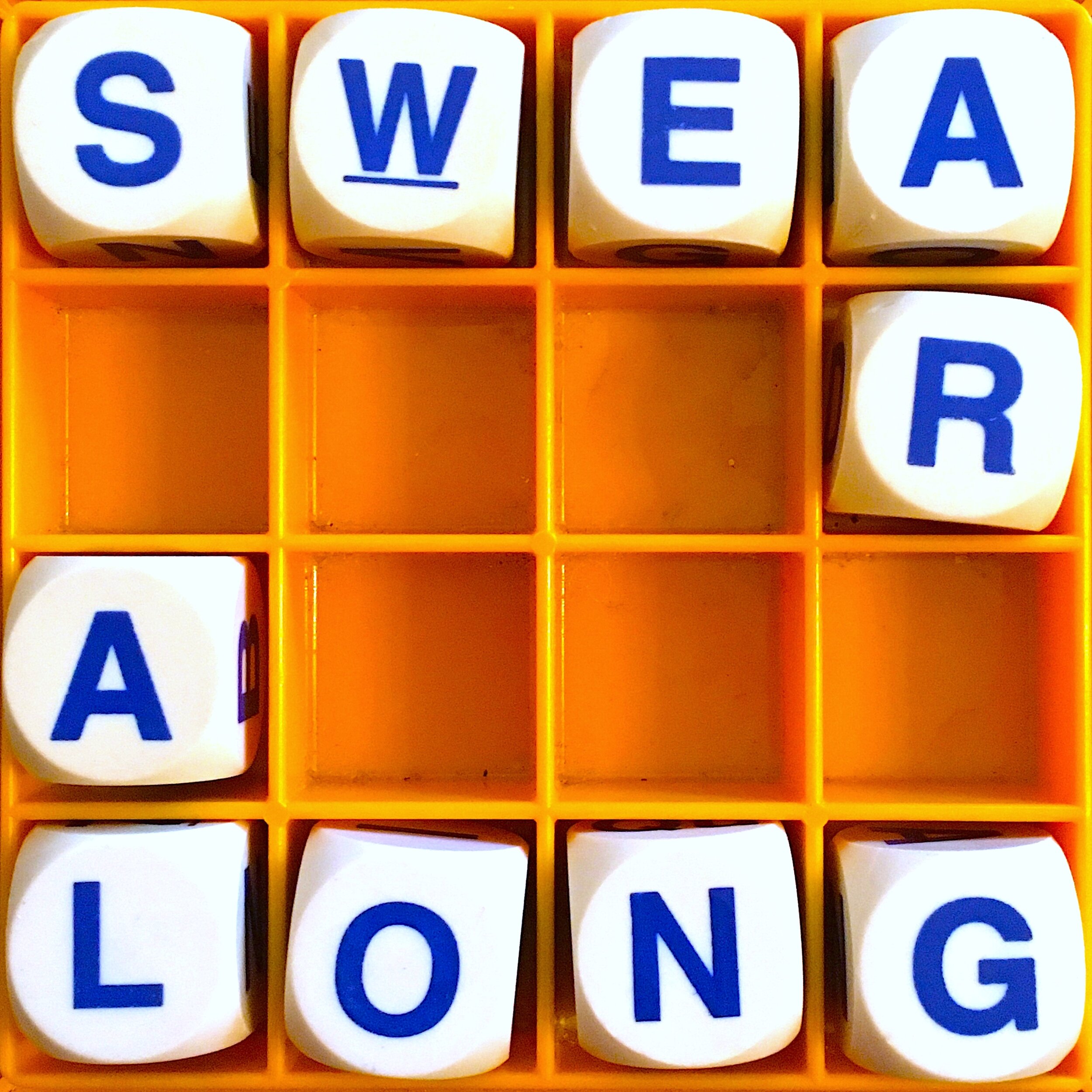Elsie the cat has a set of 120 buttons programmed with words. She uses them to lie, swear, apologise, express grief and frustration and love to her human, the author Mary Robinette Kowal, who talks about what's involved in learning to communicate via language buttons with companion animals. And animal behaviour expert Zazie Todd explains how animals might be interacting with human language.
Read moreAllusionist 203. Flyting
In 15th and 16th century Scotland, in the highest courts of the land, you'd find esteemed poets hurling insults at each other. This was flyting, a sort of medieval equivalent of battle rap, and it was so popular at the time that the King himself wrote instructions for how to do it well. Writer and Scots language campaigner Ishbel McFarlane and historical linguist Joanna Kopaczyk explain the art of flyting, where an insult becomes slander, what's going on within the speech act of performative diss-trading, and what the legal consequences could be of being accused of witchcraft.
Read moreAllusionist 201: Singlish
"If you grow up being told that one of your first languages, Singlish, is actually a bad version of an already existing language, you kind of get this sense that “I'm just bad at language,” says Bibek Gurung, a former linguist who grew up in Singapore speaking Singlish with his family and friends, while schools and the government tried to quash it. "Language is a fundamental human skill. And to just have this sense that you're bad at this very fundamental skill really does a number to your self esteem and your abilities to communicate in general."
Read moreAllusionist: Apple Fest!
All aboard, we're off to the 2023 Apple Festival at the University of British Columbia, to taste some apples and, most importantly, enjoy some apple names. And before that, we return to the classic Sporklusionist applesode to refresh our memory about how apple names are chosen - eponyms, portmanteaus, geography, or corporate R&D, just like how our ancestors named apples.
Read moreAllusionist 125. Swearalong Quiz
Fill your lungs and get ready to shout out some profane answers: it’s the Swearlusionist Swearalong Quiz! Every answer is a swear word. Swearing, as we know, is good for your health, plus helps vent stress, and you’ll learn many etymological facts along the way, so this is a very wholesome and educational quiz.
CONTENT NOTE: this episode contains swears. Surprise!
Read moreAllusionist 113. Zaltzology
Alie Ward and I cover etymologies of words including ‘buxom’, ‘mediocre’, ‘coccyx’, ‘lacuna’, bust some etymological myths, discuss some broader attitudes towards language, and wonder why so many people hate the word ‘moist’.
Read moreAllusionist 107. Apples
Late 2019 will see the biggest apple launch of our lifetimes. 22 years in the making, ripening on millions of trees into picture-perfect redness, here comes the WA38, more snazzily known as the Cosmic Crisp. The name was the result of a year of focus groups, taste tests and word associations - a far cry from when apples were named after whichever end of a cat they resembled.
Read moreAllusionist 100. The Hundredth
To mark the 100th episode of the Allusionist, here’s a celebratory parade of language-related facts.
Read moreAllusionist 98. Alter Ego
Today: three pieces about alter egos, when your name - the words by which the world knows you - is replaced by another for particular purposes.
How did John Doe come to be the name for a man, alive or dead, identity unknown or concealed in a legal matter? Strap in for a whirlwind ride into some frankly batshit centuries-old English law.
At their first bout of the 2019 season, the London Roller Girls talk about how they chose their roller derby names - or why they chose to get rid of one.
The 1930s and 40s were a golden age for detective fiction, which was also very popular and lucrative. Yet writing it was disreputable enough for authors to hide behind pseudonyms.









